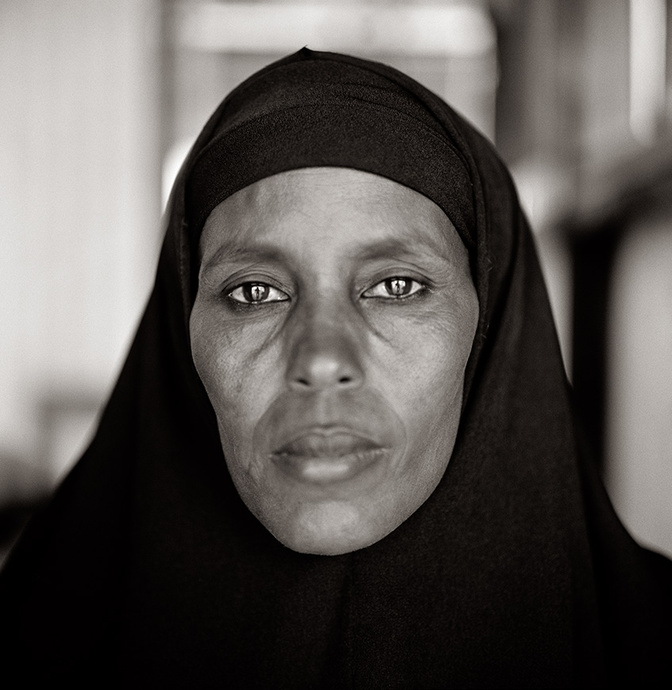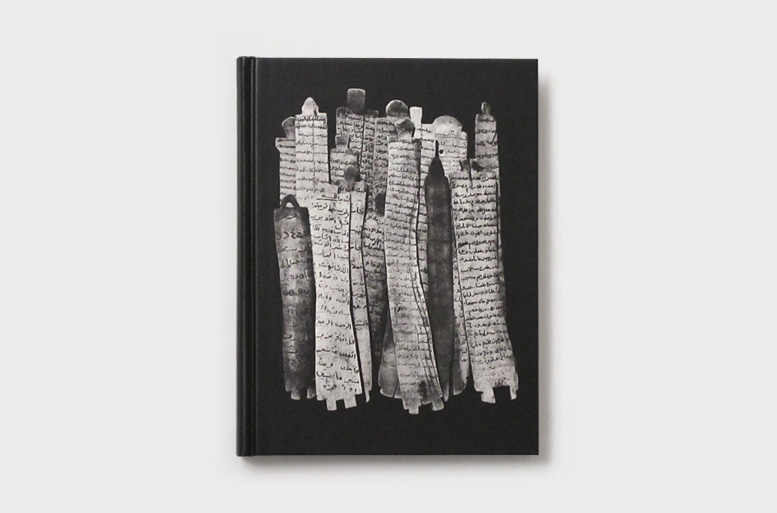A Camel for the Son

A Camel for the Son brings together two bodies of work: the first, a series of photographs made in Somali refugee camps in eastern Kenya between 1992 and 1994; the second, a series made nearly a decade later, after those camps had been consolidated around the town of Dadaab.
On his earlier trips Fazal Sheikh had made a series of portraits of mothers and their babies at the feeding center in Mandera.
When he returned in 2000, he found some of the same women and their children – now approaching puberty – still living in the camps. One of the main problems suffered by women in the camps was that they were being sexually assaulted – by Kenyans and by men from their own groups – when they went beyond the perimeter to find firewood.
The United National High Commissioner for Refugees (UNHCR) had appointed a special advisor to interview the victims and bring some of the perpetrators to justice. Over the years, the women in the camps had organized themselves into powerful groups.
Abshiro Aden Mohammed, the leader of the women’s group in Dagahaley camp, handed Fazal Sheikh a letter, in effect a manifesto, in which she described the inequalities between men and women in her society. The letter provides the title for A Camel for the Son, the first in a series of books produced by the International Human Rights Series (IHRS), established by Fazal Sheikh in order to make his work more widely available free of charge.
Image Gallery
Publication
A Camel for the Son and Ramadan Moon are the first two books in the International Human Rights Series (IHRS) and are intended as companion volumes. The IHRS was established by Fazal Sheikh in 2001 in order to further the understanding of complex human rights issues with which he was involved and to disseminate his projects in a variety of accessible forms to a wide international public. A Camel for the Son and Ramadan Moon received support from the Volkart Foundation, Winterthur, Switzerland.
International Human Rights Series
With text by Fazal Sheikh
Somali translation insert
128 pp, 79 duotone images
17 x 22.5cm
Hardcover
ISBN 0-9707613-0-9
Publication: February 2001